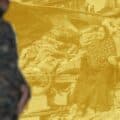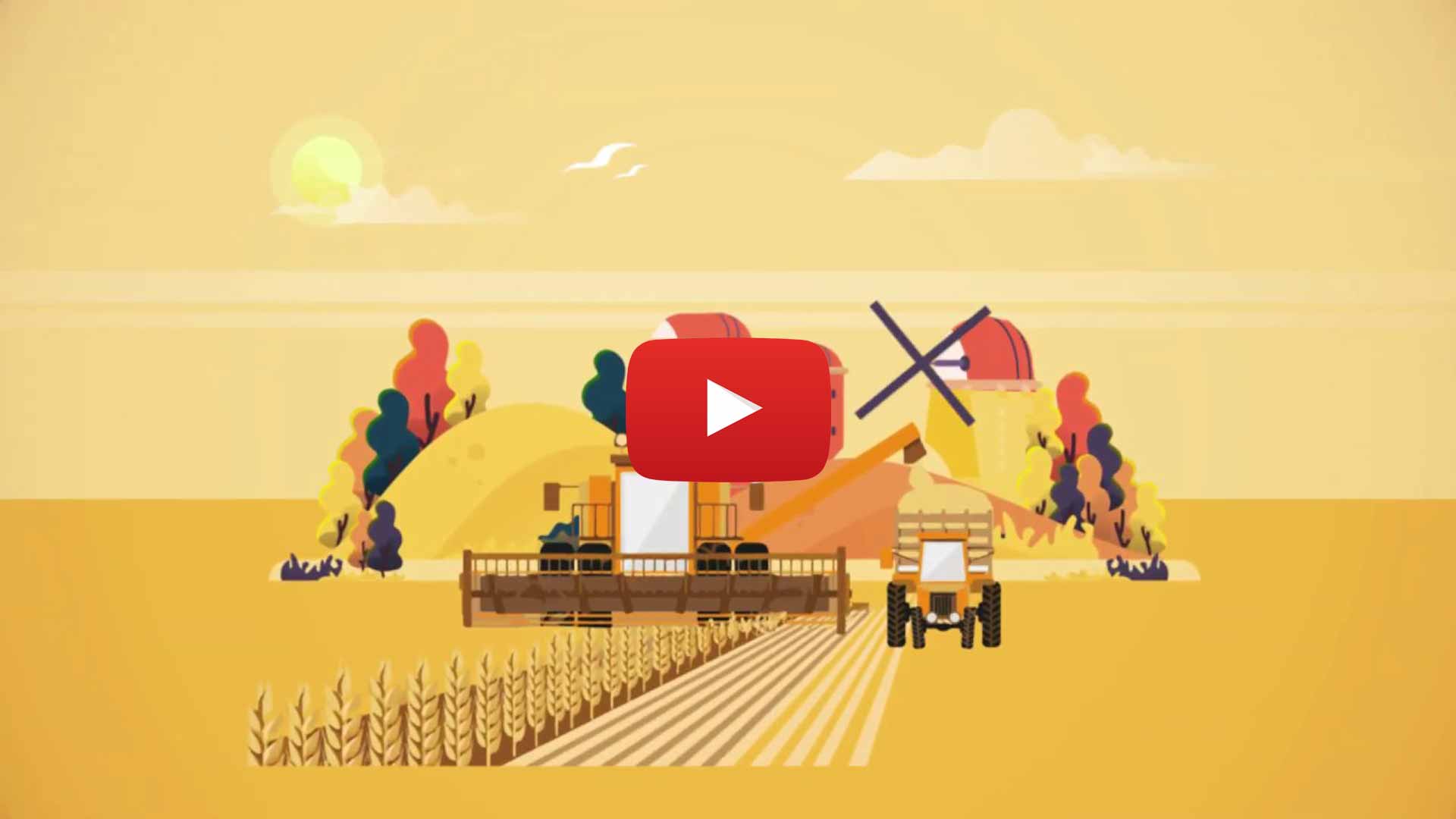Executive Summary
Lebanon’s farmers have weathered storms before, but the latest Israel-Hezbollah conflict uprooted more than crops—it exposed a broken system. With key farming regions in the South and the Bekaa Valley devastated by military strikes, including the use of white phosphorus, farmers scrambled to salvage harvests under fire, while supply chains became scrambled and labour costs skyrocketed. Yet war wasn’t the only culprit. For years, Lebanon’s agrifood sector has been starved of funding and plagued by inequities, leaving small farmers with little bargaining power and fewer protections. Traders capitalised on the chaos, buying cheap and selling high, while farmers bartered among themselves to stay afloat and redirected crops to support their local areas where they could.
This paper provides a rapid flash assessment of the war’s impact on Lebanon’s agrifood sector. Based on interviews with farmers, cooperatives, NGOs, and industry stakeholders, it captures the immediate disruptions to production, labour, and supply chains while highlighting the socioeconomic vulnerabilities of small farmers and informal workers. The findings underscore an urgent need for more comprehensive data collection and analysis to fully grasp the war’s toll on food security and guide the development of targeted policy solutions.
Addressing these challenges requires a serious commitment to reform. Long before this conflict, Lebanon’s agrifood sector suffered from chronic underinvestment, with agriculture receiving just 0.5 percent of national budgets. Now, the stakes are even higher. Policymakers must focus on stabilizing the sector through measures such as regulating predatory market practices, increasing support for small and medium-sized farmers, and fostering resilience through modern, sustainable agricultural techniques.
If Lebanon fails to act, farmers—already operating on razor-thin margins—risk being permanently priced out of their own fields. With scorched land, damaged infrastructure, and mounting debts, the recovery will not come easily. But with thoughtful intervention and evidence-based policies, Lebanon can begin to rebuild its food systems, ensuring they are fairer, stronger, and better equipped to weather future shocks. This flash assessment marks a starting point: a call for larger, coordinated research efforts to lay the foundation for a healthier, more resilient agrifood economy.
Introduction
The latest Israel-Hezbollah war, and in particular the Israeli military escalation from September until a ceasefire was agreed upon at the end of November, had profound implications for Lebanon’s domestic food supply chain. While comprehensive and detailed data collection and analysis are necessary to ascertain the full impact, to help guide these efforts, Badil undertook a rapid initial assessment of the agrifood sector.



